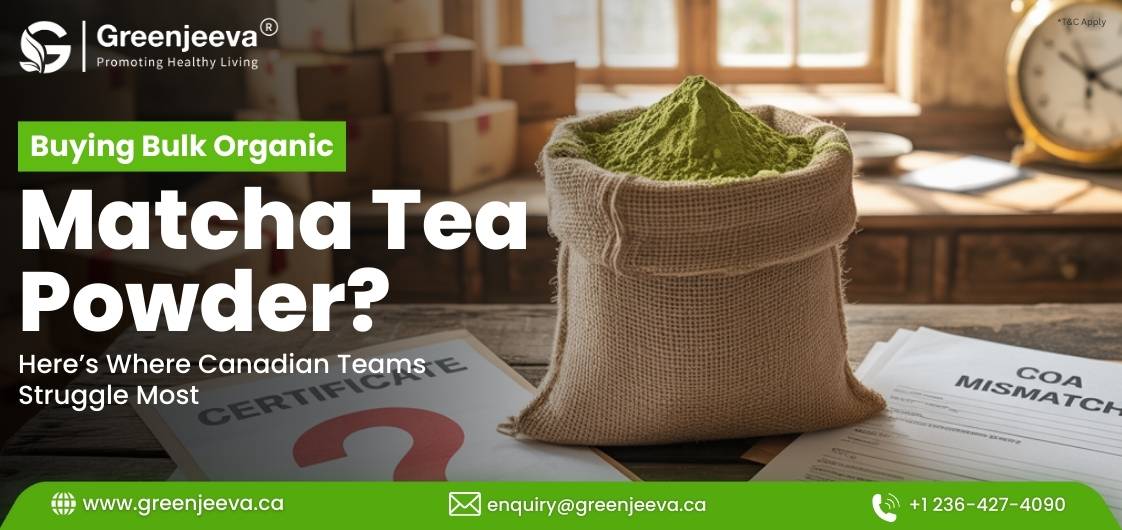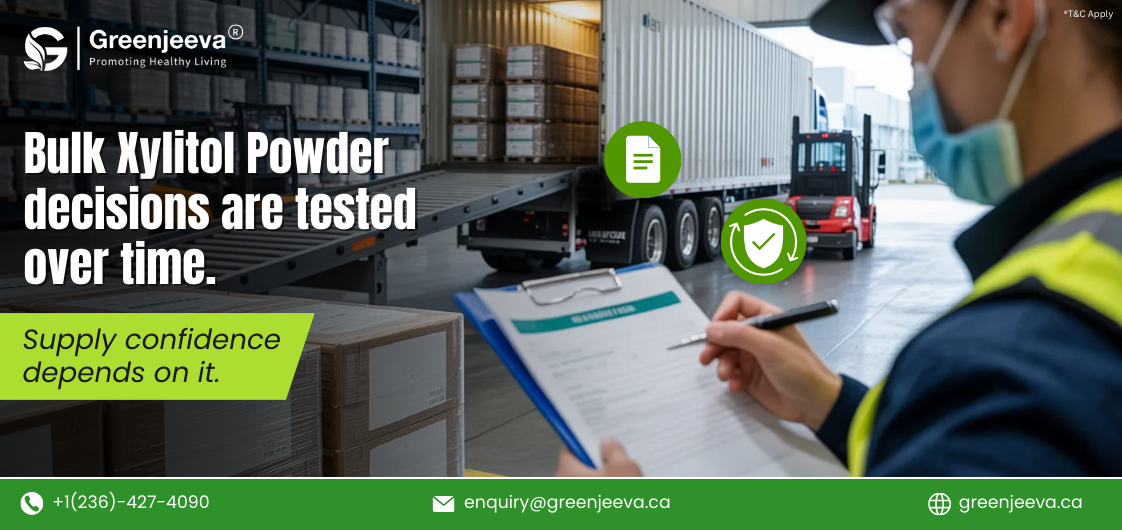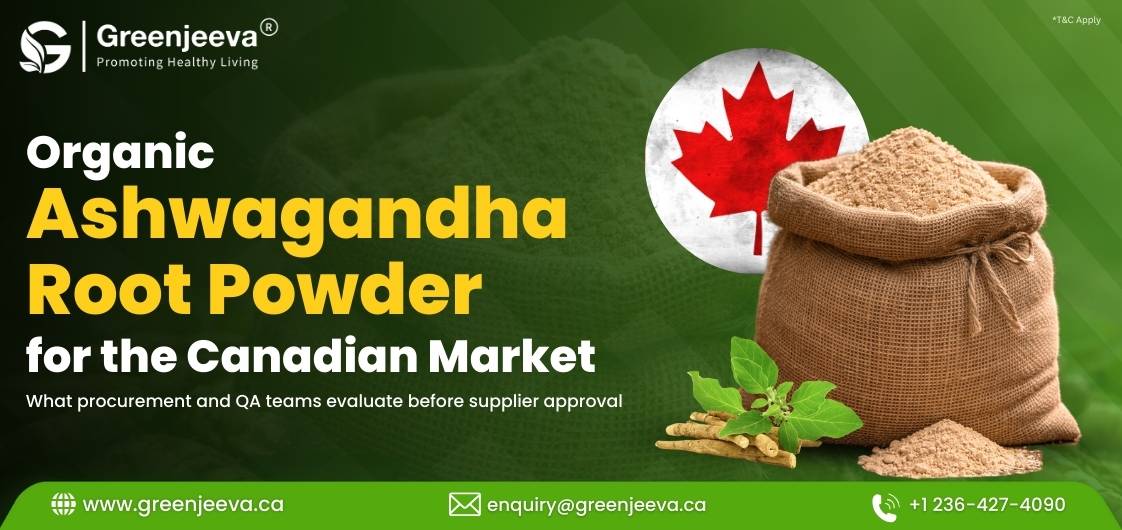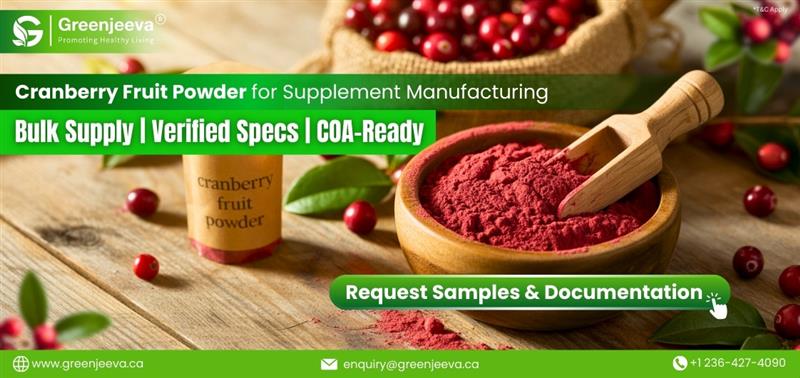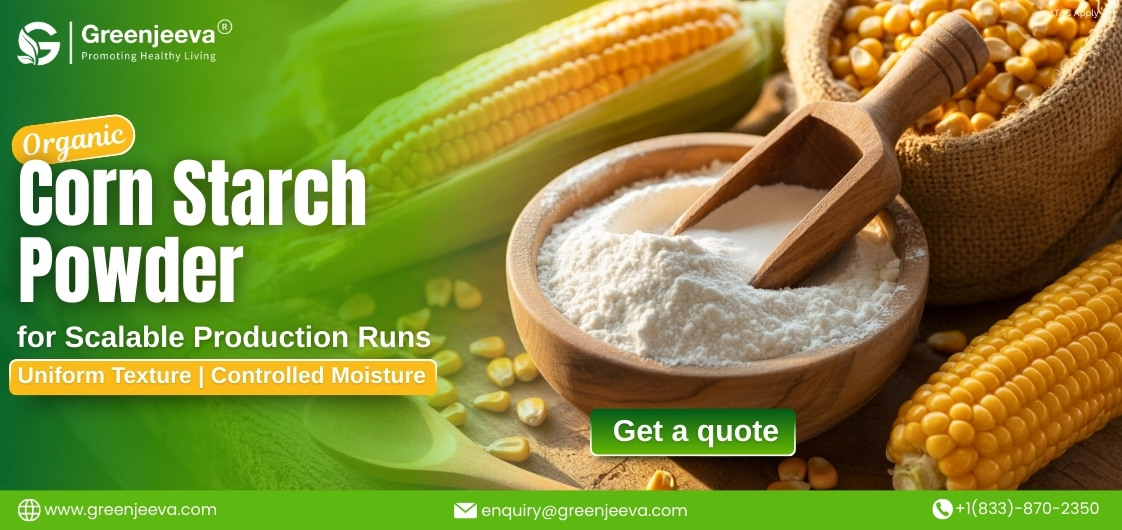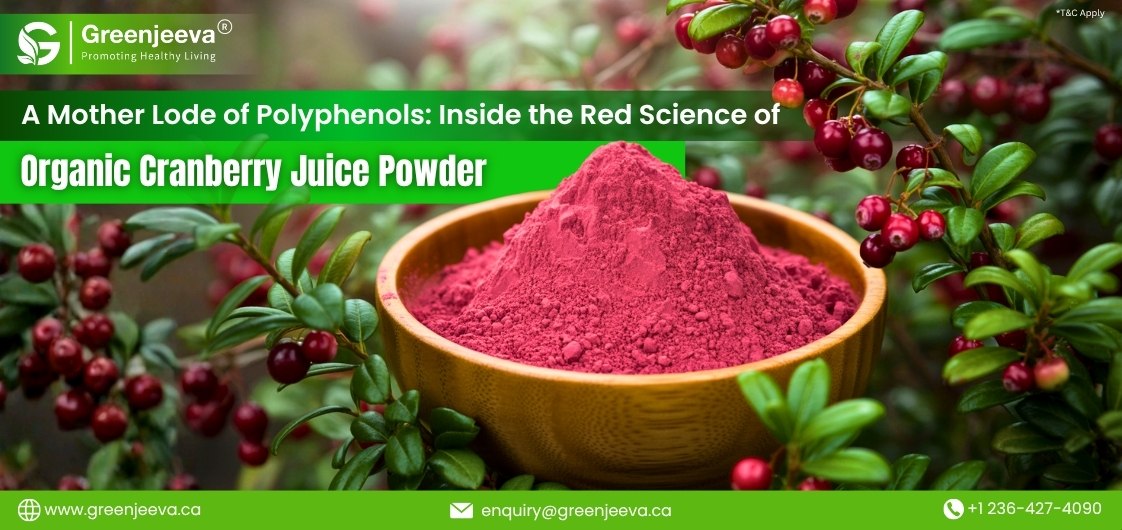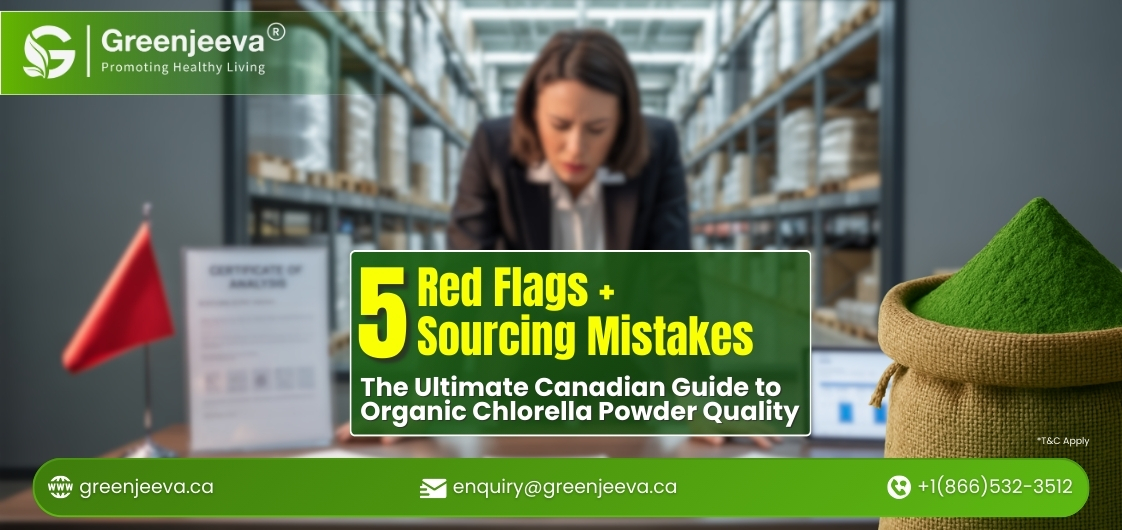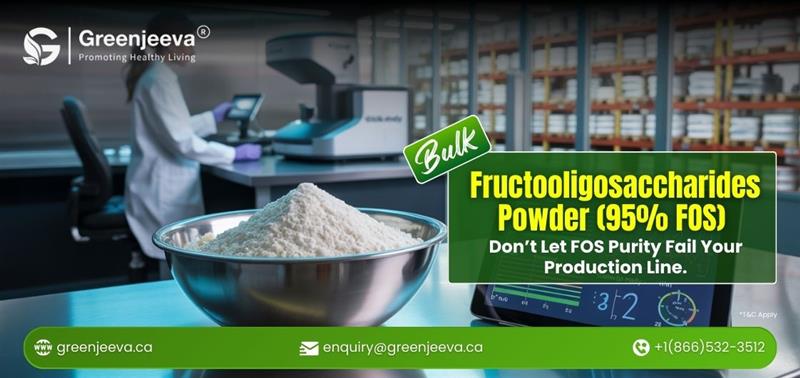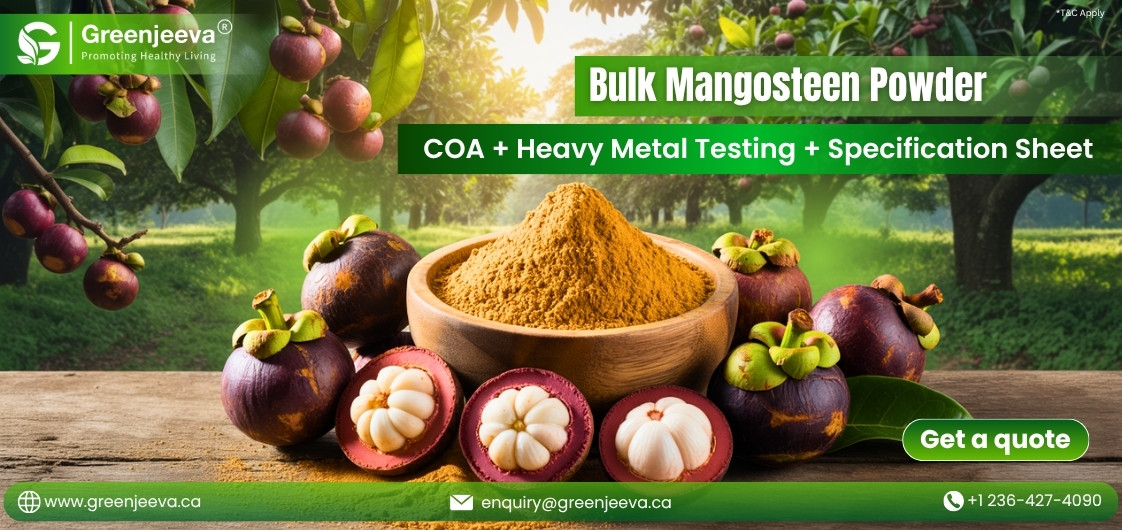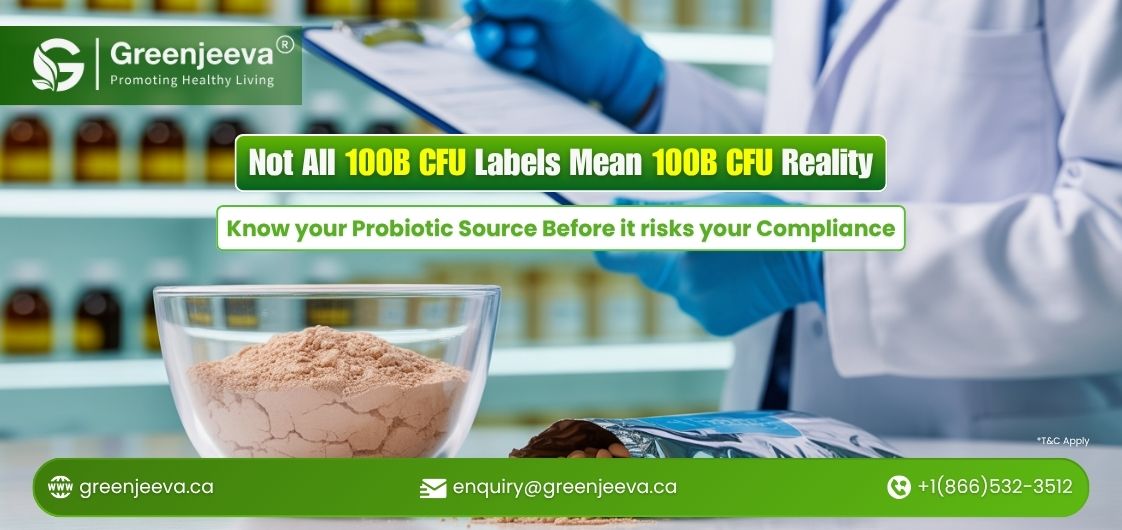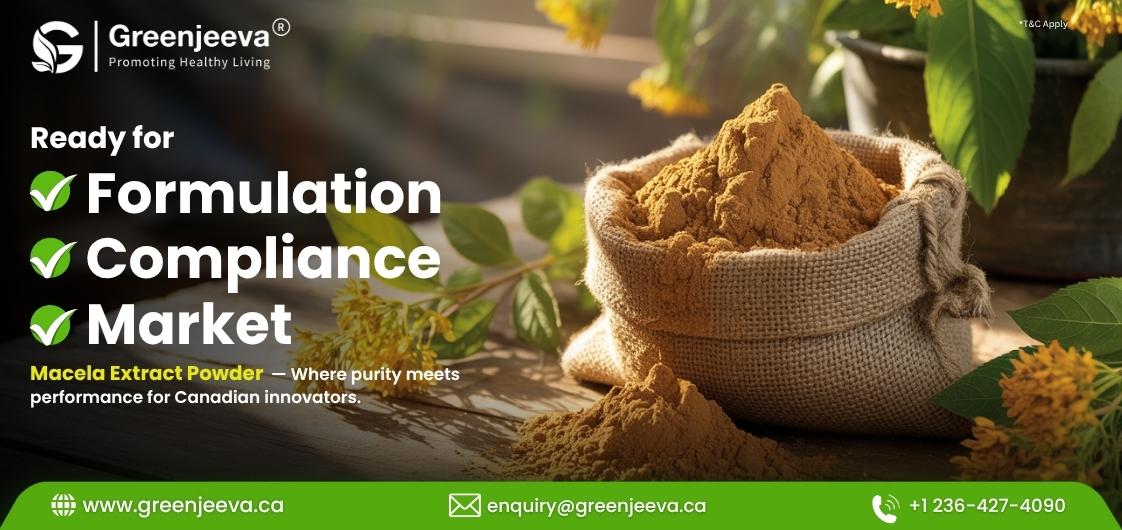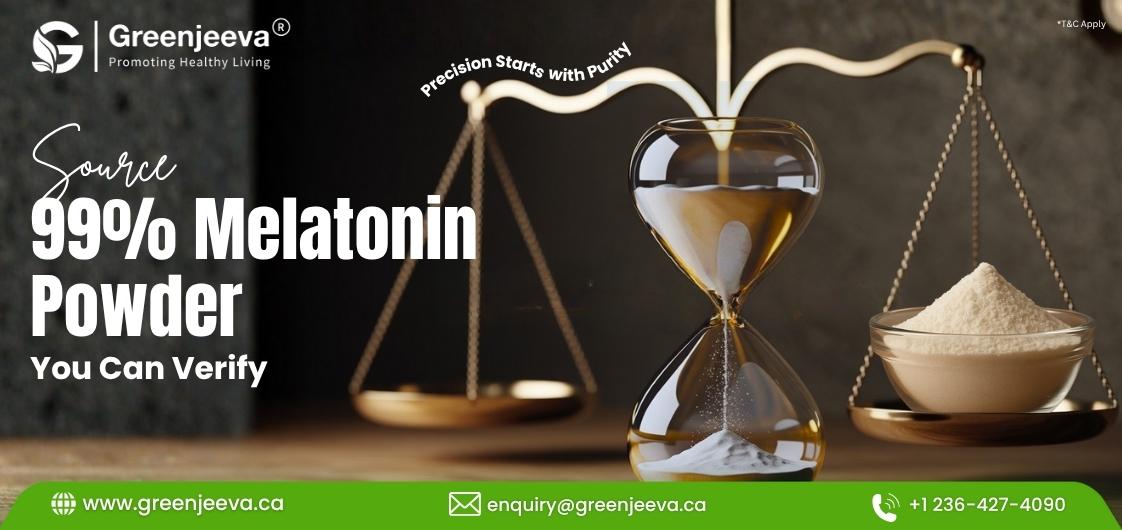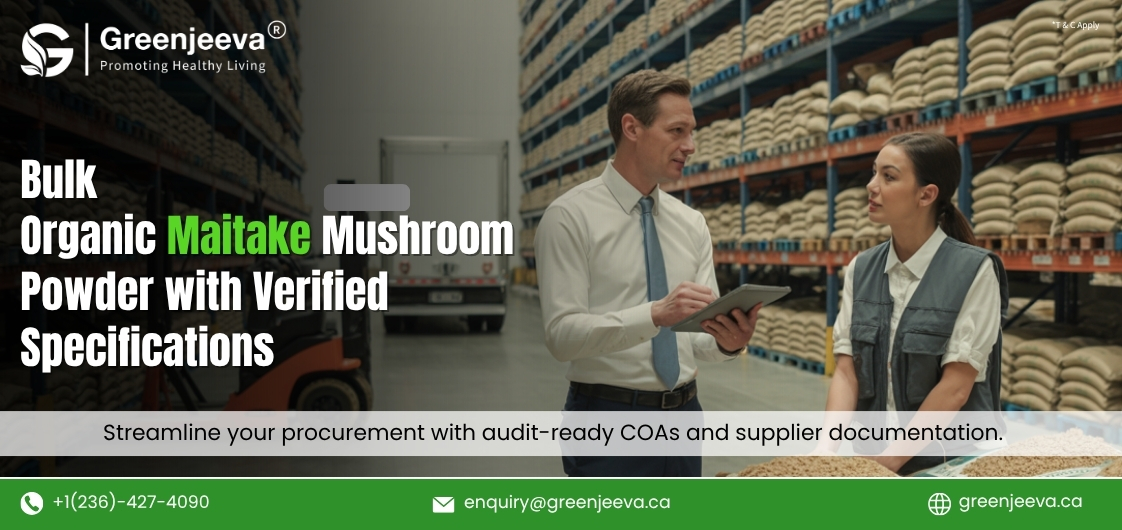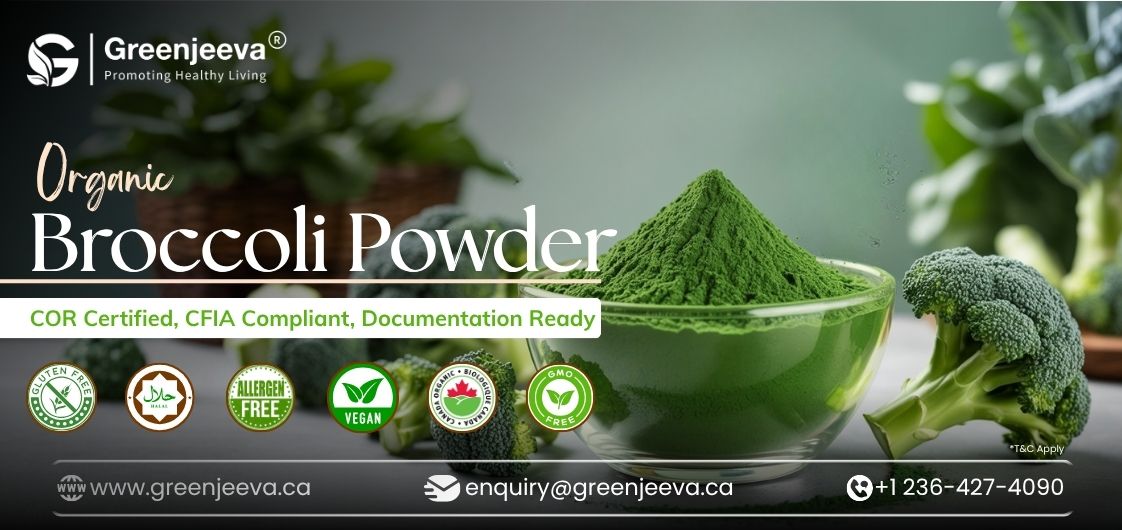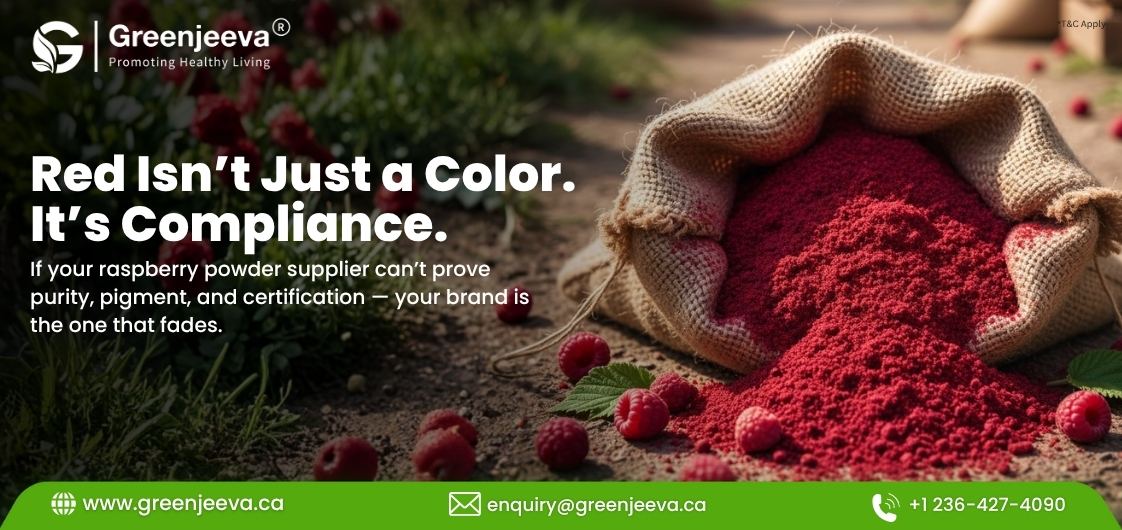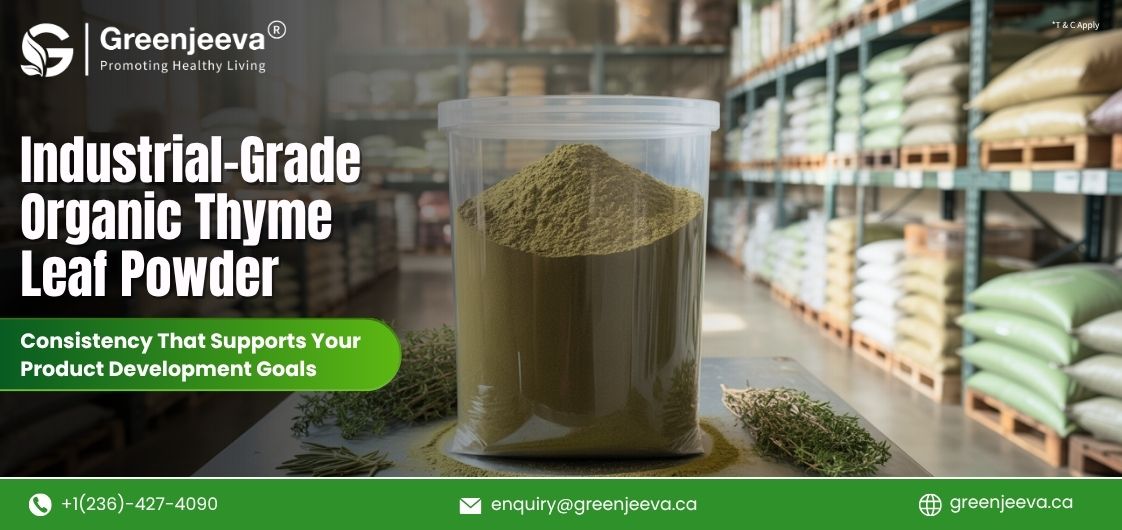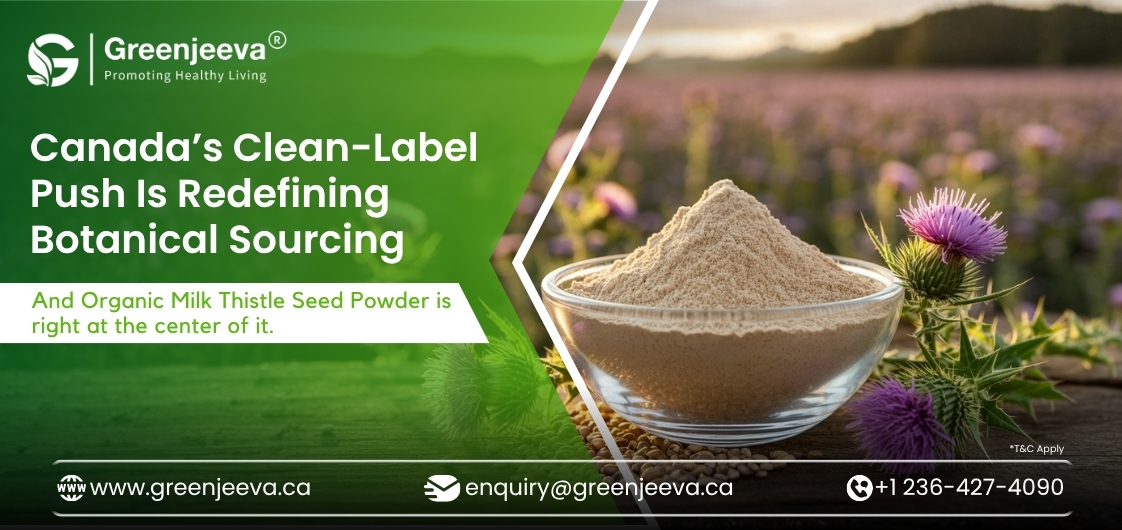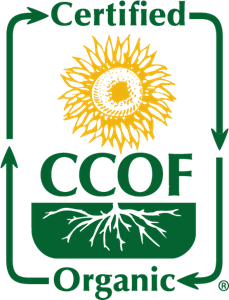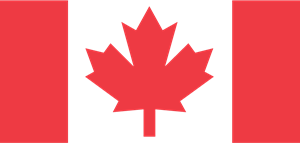On the surface, sourcing organic matcha tea powder bulk for the Canadian market seems simple: find a supplier, compare quotes, and place an order. But anyone in procurement knows that reality looks very different. Behind every batch of bulk organic matcha powder lies a web of hidden risks, compliance hurdles, and logistical headaches that can turn a straightforward order into a months-long crisis.
Canadian sourcing teams today are under pressure to deliver clean-label, organic ingredients at competitive prices, all while ensuring compliance with CFIA import standards. That balancing act creates unique struggles and unfortunately, many procurement managers only discover these pitfalls once it’s too late.
This article dives into the seven biggest struggles sourcing teams face when procuring matcha tea powder wholesale in Canada and the safeguards that help prevent costly mistakes.
1. Verifying “Organic” Is Actually Organic
Struggle: Not every supplier who claims “organic” can back it up. Canadian buyers regularly encounter outdated, unrecognized, or fake organic certifications.
Why it matters: Without proper USDA, EU, or COR certification recognized by the CFIA, products can be seized at customs or rejected by retailers.
Safeguard: Always request valid, batch-linked organic certificates from bulk organic matcha powder supplier Canada and verify them directly with the issuing body.
“How can Canadian buyers confirm Organic Matcha Powder is truly organic? → By cross-checking USDA/EU/COR certifications with official certifying bodies before purchase.”
2. Adulteration with Lower-Grade Powders
Struggle: Some suppliers cut Matcha with cheaper green tea powder or fillers to maximize profits.
Why it matters: Adulteration leads to duller color, bitter taste, and lower polyphenol and L-theanine levels. Products may no longer meet clean-label or efficacy claims, opening the door to compliance and consumer trust issues.
Safeguard: Demand assay results for every batch polyphenol %, theanine %, and chlorophyll levels to confirm authenticity.
3. The COA Confidence Gap
Struggle: Many COAs look legitimate but fail to reflect the true batch data. Common red flags in matcha COA supplier Canada documentation include copy-paste reports, missing heavy metals results, or selective reporting.
Why it matters: Procurement teams that rely on these documents at face value may end up with non-compliant or under-spec ingredients.
Safeguard: Only accept batch-specific COAs, check testing methods (HPLC, UV, TLC), and validate results through a Canadian third-party lab.
“What should Canadian sourcing managers check on a matcha COA? → Look for batch-specific data, testing methods, heavy metals, pesticide residues, and assay results for polyphenols and theanine.”
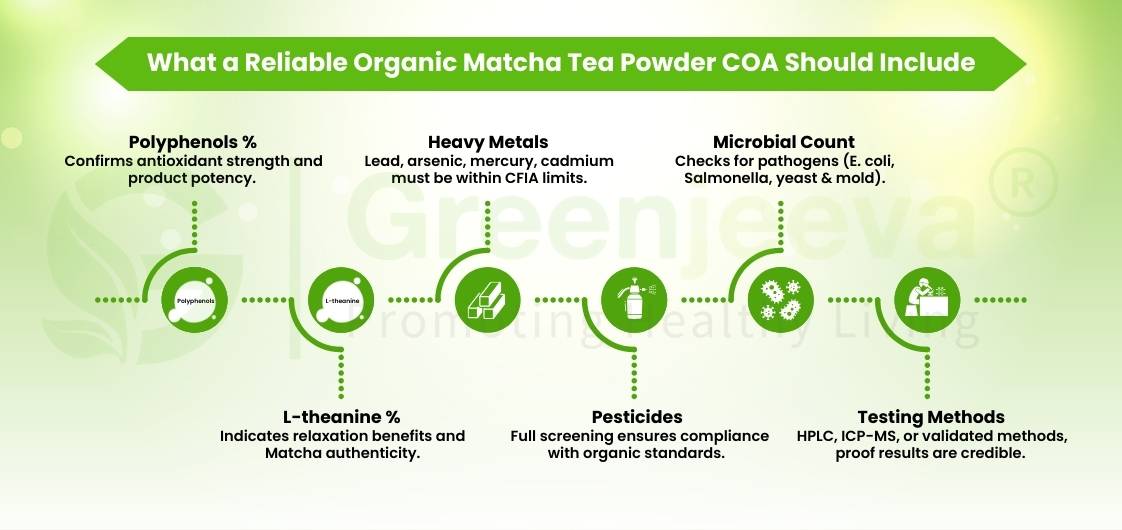
4. Heavy Metals & Pesticide Residues
Struggle: Even certified organic Matcha can accumulate lead, arsenic, or pesticide residues if grown in contaminated soil. Some suppliers omit or under-report these results.
Why it matters: CFIA limits are strict—lead and arsenic must remain <3 ppm, mercury <1 ppm, cadmium <1 ppm. Non-compliance risks border rejection and reputational damage.
Safeguard: Insist on USP <232> compliant heavy metal testing and USP <561> pesticide screening with every shipment.
5. Pricing Games & “Hidden” Costs
Struggle: Bulk buyers are often lured in by low quotes, only to discover hidden shipping fees, customs charges, or downgraded product quality.
Why it matters: What looked like the cheapest option quickly becomes the most expensive once hidden costs and yield losses are calculated.
Safeguard: Evaluate landed cost per kilo, from matcha tea powder wholesale Canada not just supplier quotes. Factor in freight, duties, insurance, and quality yield.
“Why is cheap matcha powder risky for Canadian bulk buyers? → Because low quotes often hide shipping fees, customs costs, or downgraded product quality.”
6. Unreliable Supply & Delays
Struggle: Global matchashortages and overpromising suppliers lead to missed timelines. Orders meant to arrive in three weeks can take two months—or longer.
Why it matters: Delays break production schedules, disrupt launches, and cause lost shelf space in Canadian retail.
Safeguard: Work with reliable matcha supplier bulk who offer buffer stock, real-time tracking, and documented lead time performance.
7. Navigating Documentation & Compliance
Struggle: Sourcing teams often receive incomplete or inconsistent paperwork missing test reports, non-standard COAs, or certifications not accepted by Canadian authorities.
Why it matters: Documentation gaps create compliance risks with CFIA and jeopardize export to secondary markets.
Safeguard: Establish a documentation checklist: COA, Organic cert, Non-GMO, Halal, Kosher, heavy metals, microbiology, and pesticide screening. Suppliers unwilling to provide the full pack should be avoided.
“What documentation should Canadian sourcing managers request when buying Organic Matcha in bulk? → COA, organic certification, Non-GMO, Halal, Kosher, heavy metals, pesticide, and microbiological tests.”
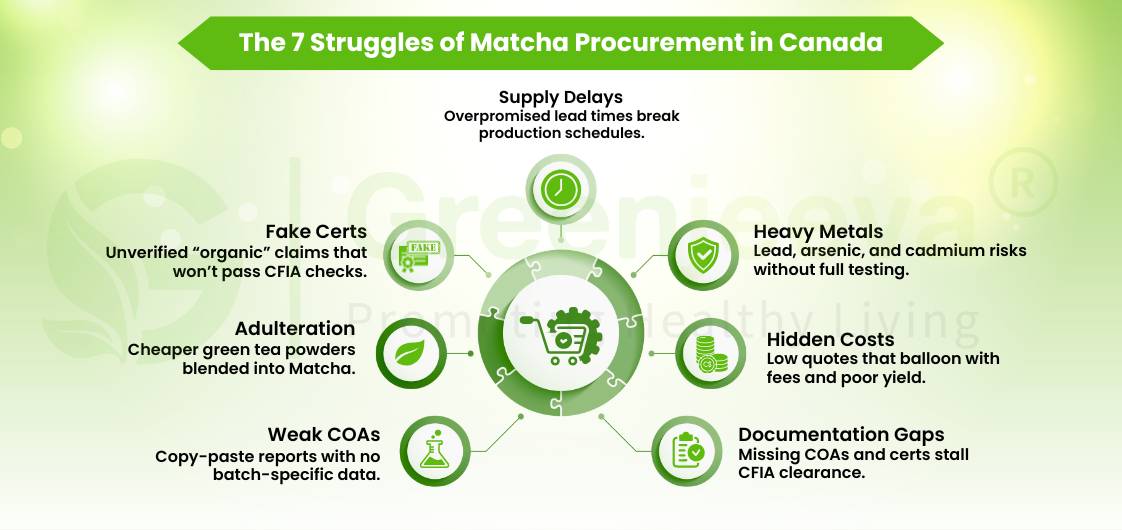
Why These Struggles Are Intensifying in 2025
– Rising global demand: Matcha is trending on TikTok and Instagram, pushing demand in Canada beyond expectations.
– Supply chain pressure: Climate issues in Japan and China reduce yields, creating shortages and price volatility.
– Regulatory tightening: CFIA is enforcing stricter organic and clean-label compliance, leaving no margin for error.
For Canadian procurement teams, these struggles aren’t just obstacles—they’re the new reality of sourcing bulk organic matcha powder in a competitive, compliance-heavy market.
Final Thoughts: From Struggles to Strategy
The challenges of sourcing organic matcha tea powder bulk in Canada from fake certifications to unreliable delivery can feel daunting. But sourcing managers who anticipate these pitfalls and build safeguards into their procurement strategy can turn struggles into a competitive advantage.
The formula is simple but effective: verify certifications, demand third-party testing, audit documentation, and choose partners with a track record of reliability. Do this consistently, and your procurement team won’t just survive the Matcha boom—you’ll thrive in it.
👉 Ready to turn sourcing struggles into sourcing confidence? Request samples + full documentation packs and see how transparent Matcha procurement should look in Canada.
**The Food and Drug Administration has not evaluated these statements. This product is not intended to diagnose, treat, cure, or prevent any disease. **


